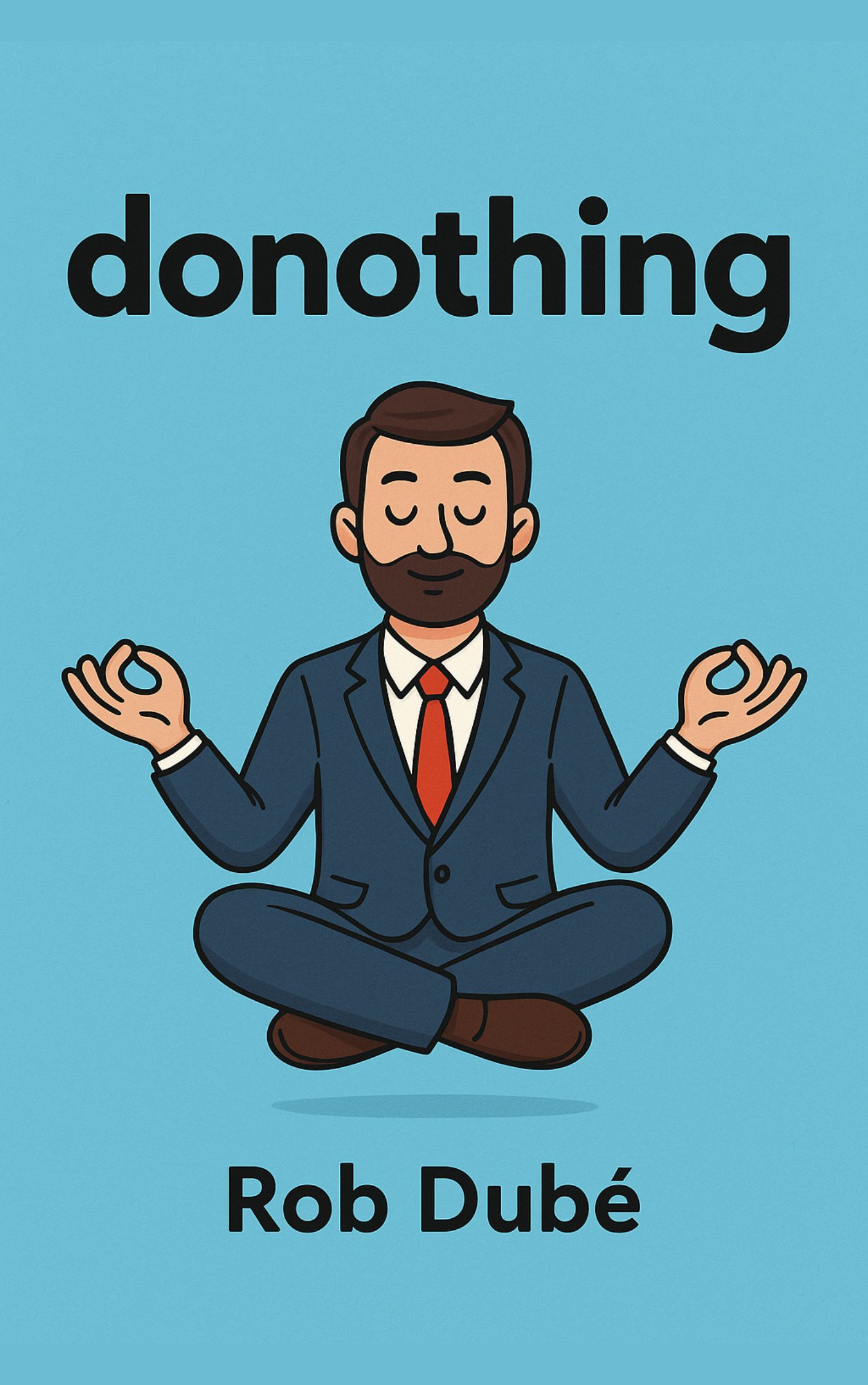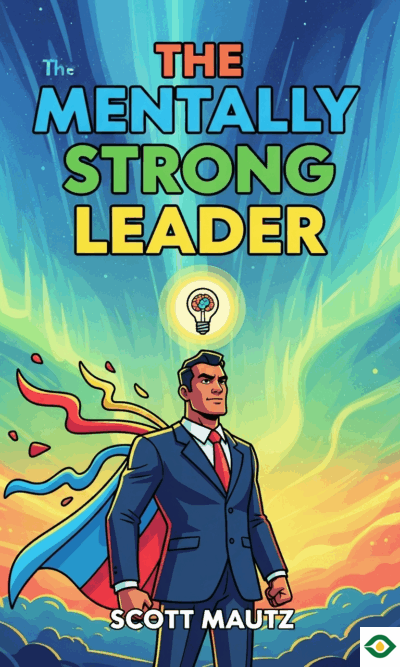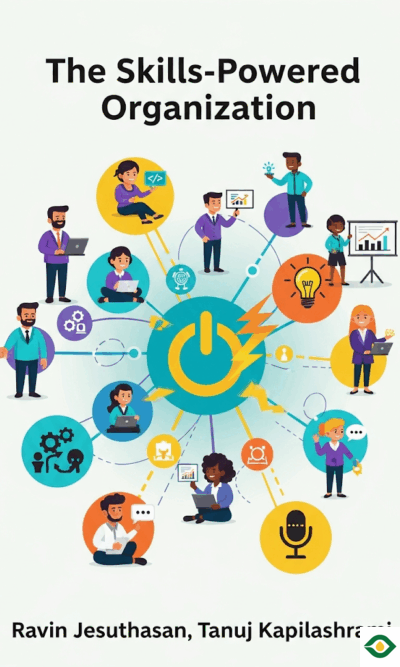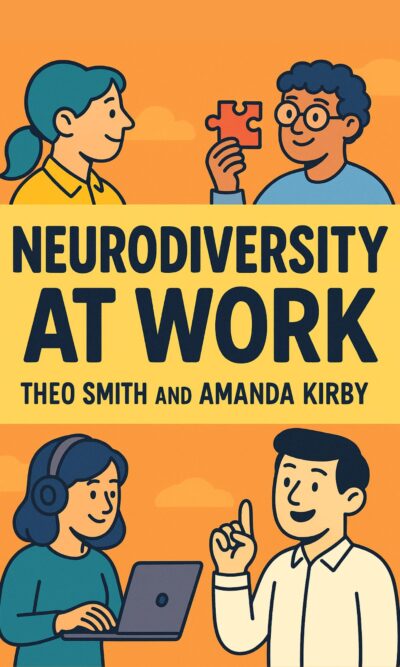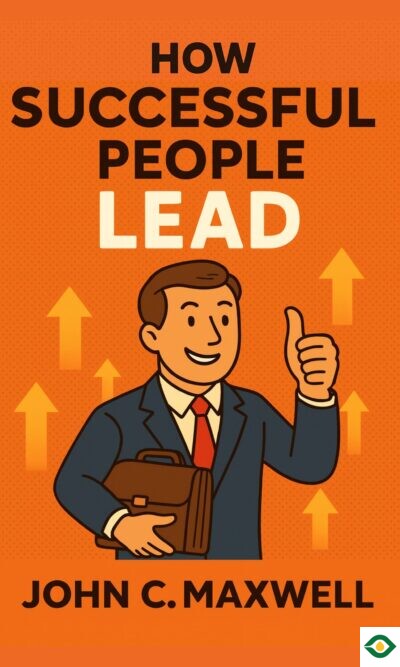Description
Meditation is often linked to stress relief and personal peace, but it can also be a powerful tool for business leadership. Rob Dubé’s journey shows how quiet moments of reflection can improve decision-making, strengthen relationships with employees, and even boost profits. By adding meditation to his daily life, he transformed both his own mindset and his company’s culture.
Dubé’s story began in the 1990s when he co-founded a business recycling printer toner cartridges. After selling the company to a larger corporation, he lost control of its direction and felt drained of purpose. Meditation entered his life in a simple way—a short five-minute session—and grew into a daily habit. The benefits were clear: sharper focus, better problem-solving, less fear of failure, and the ability to approach challenges with a fresh perspective. When the chance came to buy back his company, meditation gave him the calm and clarity needed to make it happen.
One of the most important changes meditation brought was the ability to listen deeply. In business, truly hearing people’s ideas and concerns is a sign of respect and a driver of growth. Dubé learned that listening empowers employees, builds trust, and helps leaders understand strengths and weaknesses. This skill became especially valuable when his company faced financial trouble. Instead of panicking, he stayed grounded, introduced open-book finances, and invited the team to help solve the problem. The result was a turnaround that led to record profits.
Science backs up these experiences. Studies have shown that even a small amount of mindfulness practice can improve focus, memory, and productivity. Leaders like Aetna’s CEO, Mark Bertolini, have introduced meditation and wellness programs that reduced stress for employees and saved millions in healthcare costs. The message is clear—meditation benefits both people and the organizations they serve.
The impact of meditation goes far beyond the office. Soldiers have used it to cope with the trauma of combat, easing symptoms of PTSD. Athletes like Dubé himself have relied on it for focus during marathons, calming pre-race nerves and aiding recovery afterward. In moments of crisis—such as the Boston Marathon bombing—meditation helped him stay composed and care for his family.
Getting started with meditation doesn’t require special tools—just a quiet spot and a comfortable position. The practice centers on noticing your breath, gently returning to it whenever the mind wanders. While simple, the real power comes from doing it regularly. Building a habit might mean starting small—just a few minutes a day—and gradually increasing the time. Consistency is more important than perfection.
Many successful people, from authors to entrepreneurs, find ways to fit meditation into their busy lives because it doesn’t take time away—it gives time back by improving focus and energy. Even one mindful minute can help maintain the habit.
For those wanting to go deeper, silent retreats offer a chance to step away from distractions and immerse fully in meditation. Spending several days in silence can bring buried thoughts to the surface, unlock new ideas, and refresh one’s sense of purpose. Leaders often return from these experiences more self-aware, patient, and creative.
In the end, meditation is both a personal and professional advantage. It strengthens your ability to stay present, manage stress, and lead with clarity. Whether you begin with just a few quiet breaths or commit to a longer daily session, the practice can shape you into a more thoughtful leader and a calmer human being. The rewards reach every part of life—your work, your relationships, and your inner peace.

